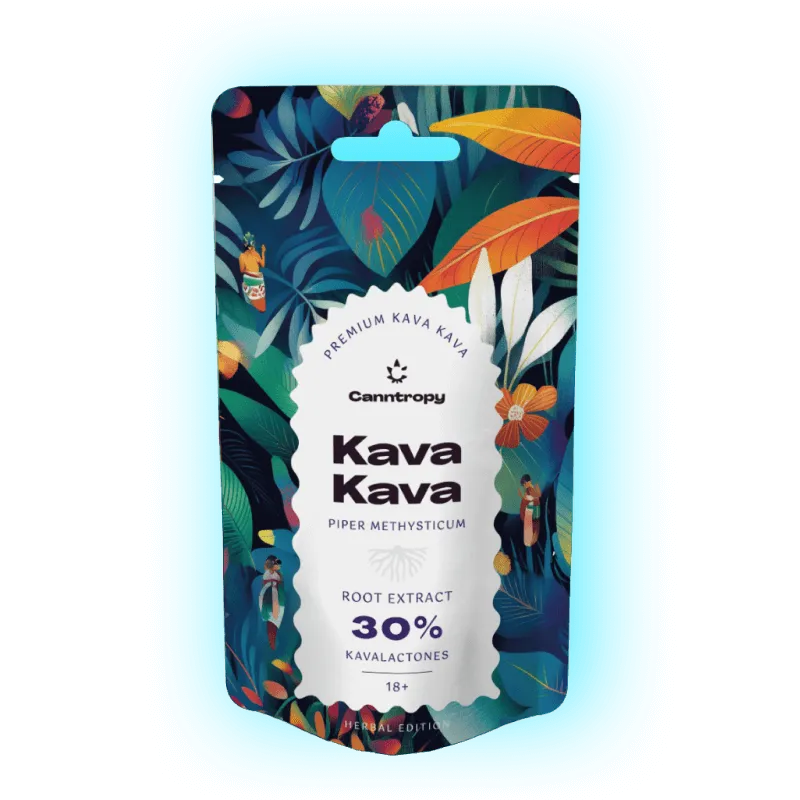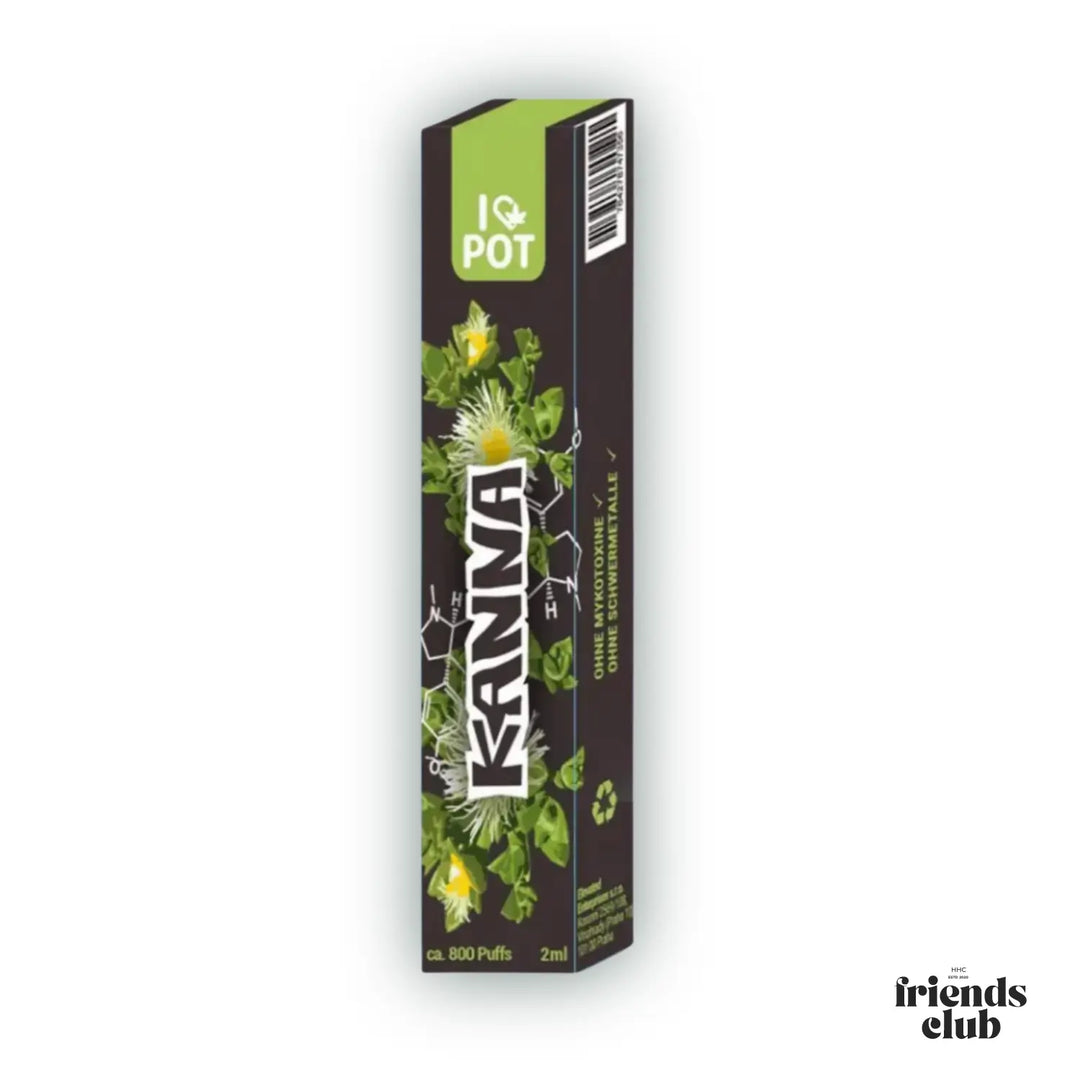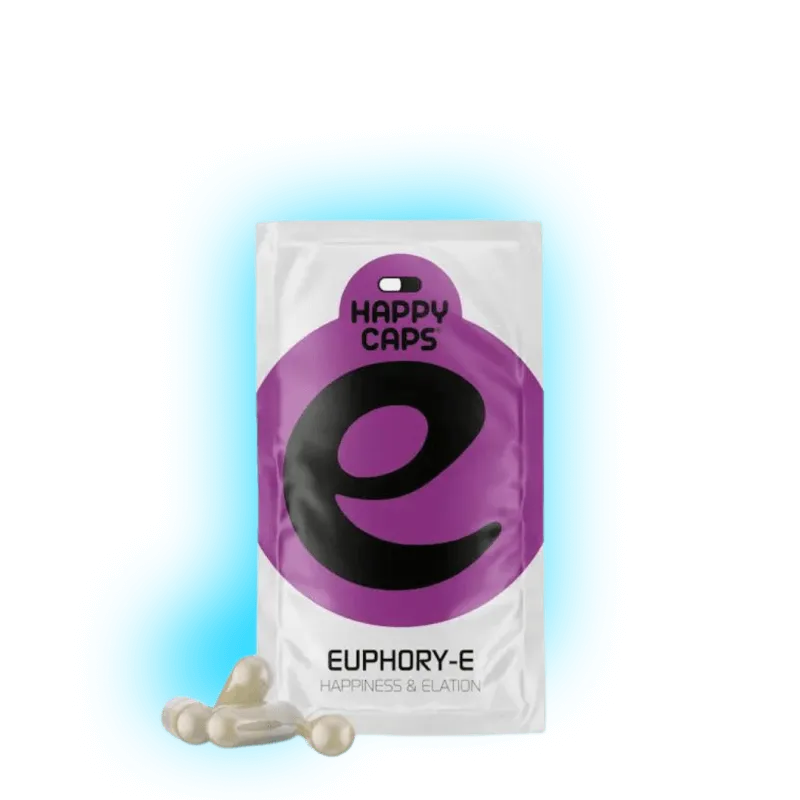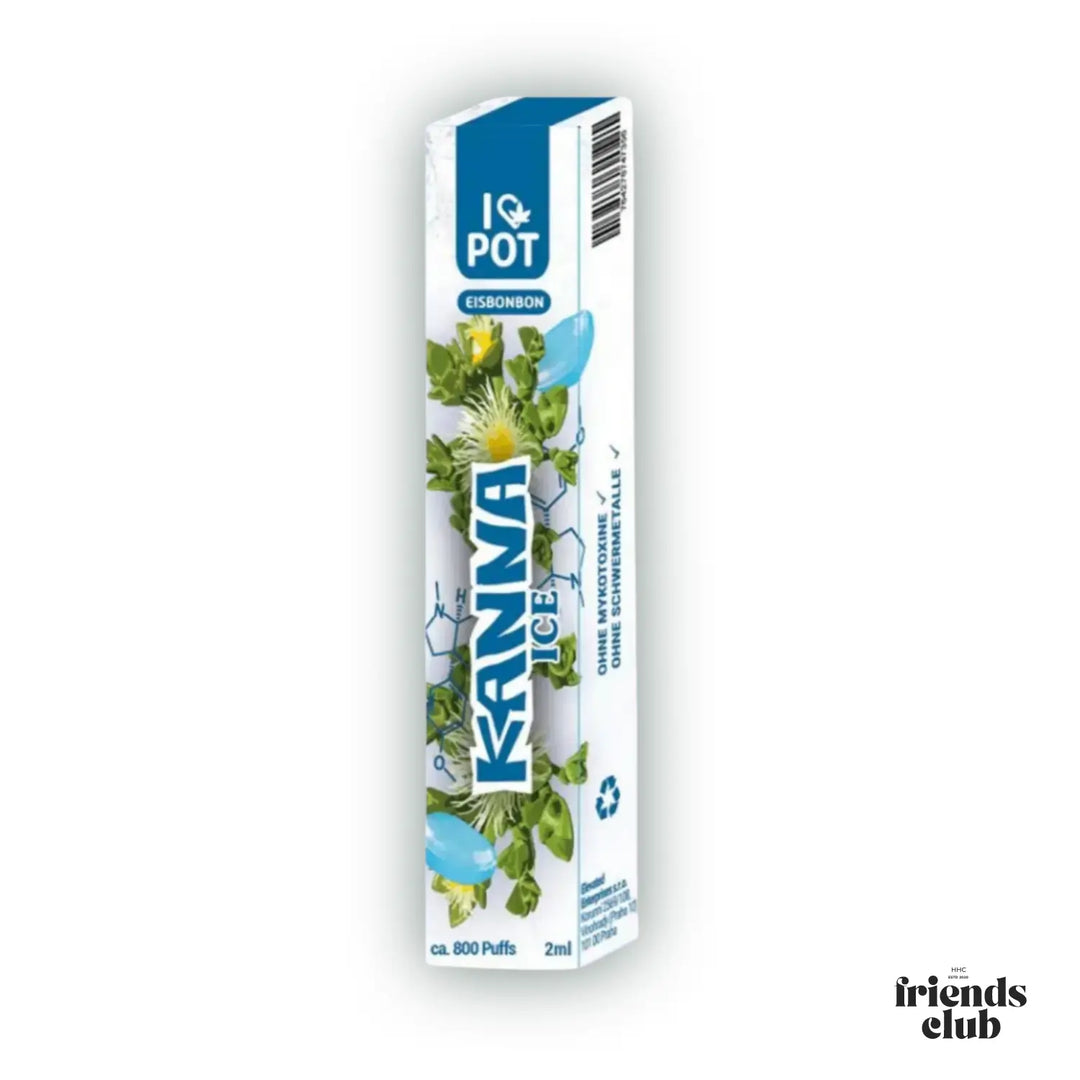Kava Kava, the calming natural remedy from the South Sea Islands, is being used more and more often for stress and anxiety. It promises relaxation and inner peace, but as with many herbal remedies, there are also downsides. While many users report positive effects, you should be aware of the possible side effects.
Whether liver problems, skin changes, or stomach issues—the risks are real. If you want to use Kava Kava, you should know how to use it properly to avoid unwanted effects.
What is Kava Kava?
Kava Kava, also simply known as Kava, is a herbal preparation made from the root of Piper methysticum, a plant native primarily to the Pacific Islands. There, Kava has been used for centuries in ceremonial rituals to promote relaxation and strengthen social bonds. In the Western world, Kava Kava is mainly known for its calming and anxiolytic properties.
The root is usually dried and ground into a powder, which is then used to make teas, capsules, or drops. It is especially popular among people looking for a natural way to reduce stress, improve sleep, or ease anxiety.
But Kava Kava is more than just a relaxing drink. It acts directly on the central nervous system by supporting the activity of neurotransmitters such as GABA, which are responsible for feelings of calm and relaxation. As a result, Kava Kava can help restore inner balance—without impairing mental clarity and concentration as some chemical tranquilizers do.
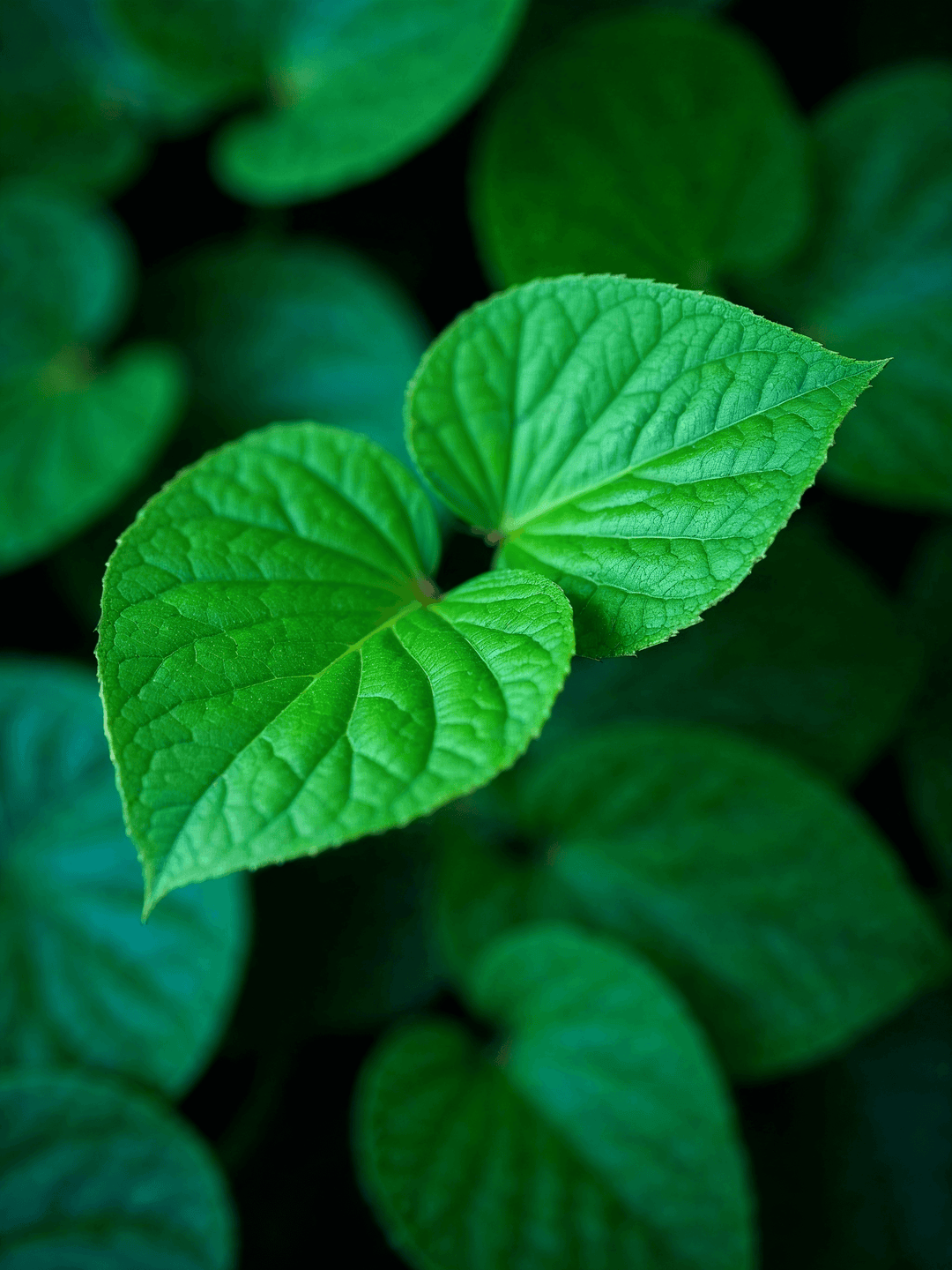
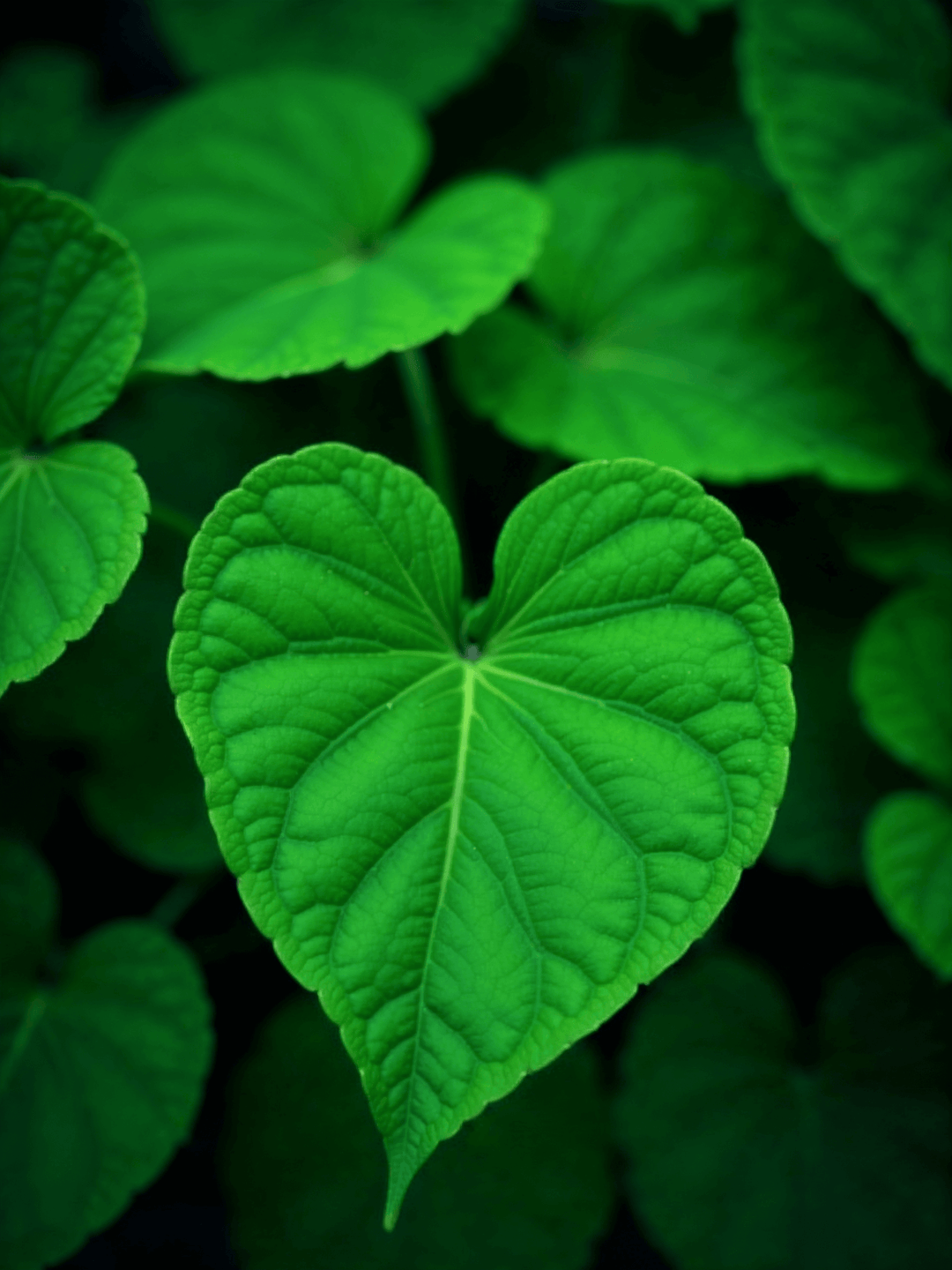
Kava Kava effects
Kava Kava has a calming effect, primarily due to the kavalactones found in its root. These compounds influence the central nervous system and promote relaxation. The main effects are:
Reduces anxiety and stress: Kava Kava provides noticeable relaxation and alleviates anxiety.
Promotes relaxation without strong sedation: It helps the body relax without impairing mental clarity.
Improves sleep: Many users report better sleep, especially when dealing with stress-related sleep issues.
No significant impairment of cognitive abilities: Unlike many other sedatives, mental alertness is maintained.
Despite these positive effects, the effects are highly individual, and not everyone experiences the same benefits.
Side effects of Kava Kava
Despite the positive effects of Kava Kava, there are also risks. In rare cases, it can put strain on the liver and lead to serious problems. Skin changes such as a yellowish discoloration and nail issues may also occur, but these usually resolve after stopping use. Gastrointestinal complaints like nausea or abdominal pain can also happen, especially at higher doses. Kava Kava may cause drowsiness and reduced responsiveness. Some users report mood swings or increased irritability. Side effects vary, but responsible use is essential.
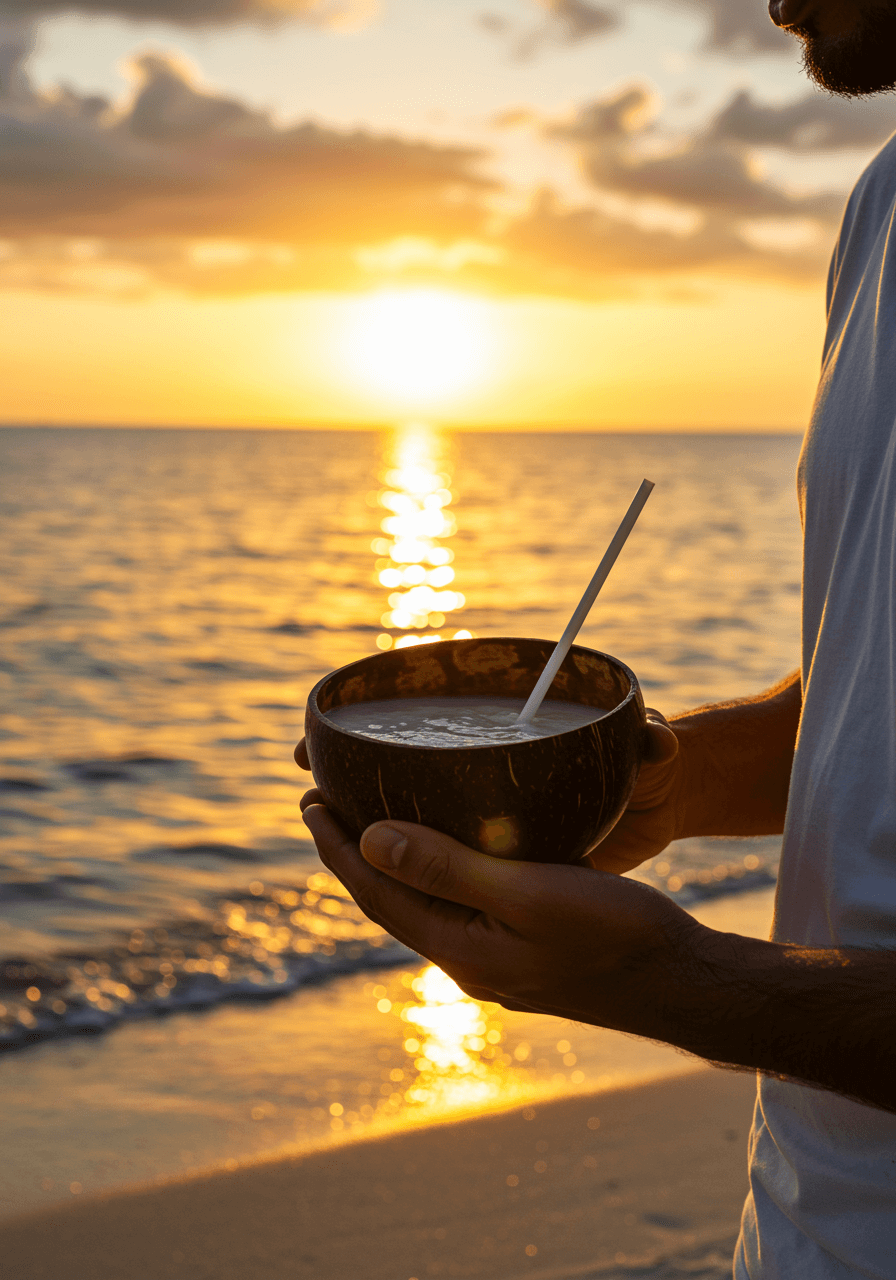
Conclusion: Is Kava Kava worth it?
Kava Kava can be an effective aid in relieving stress and anxiety, offering a natural alternative to chemical tranquilizers. Its calming effects without strong sedation are especially beneficial for those who want to maintain clear mental focus. However, as with any remedy, there are risks associated with Kava Kava, particularly regarding liver issues and possible skin changes.
If you want to use Kava Kava, you should be aware of the potential side effects and pay close attention to the dosage. In many cases, the positive effects can outweigh the risks as long as the remedy is used responsibly. If you are unsure or already have pre-existing health conditions, you should consult a doctor beforehand.
Ultimately, it remains an individual decision whether Kava Kava is the right choice—for many, it can be a valuable support for relaxation and coping with anxiety.






